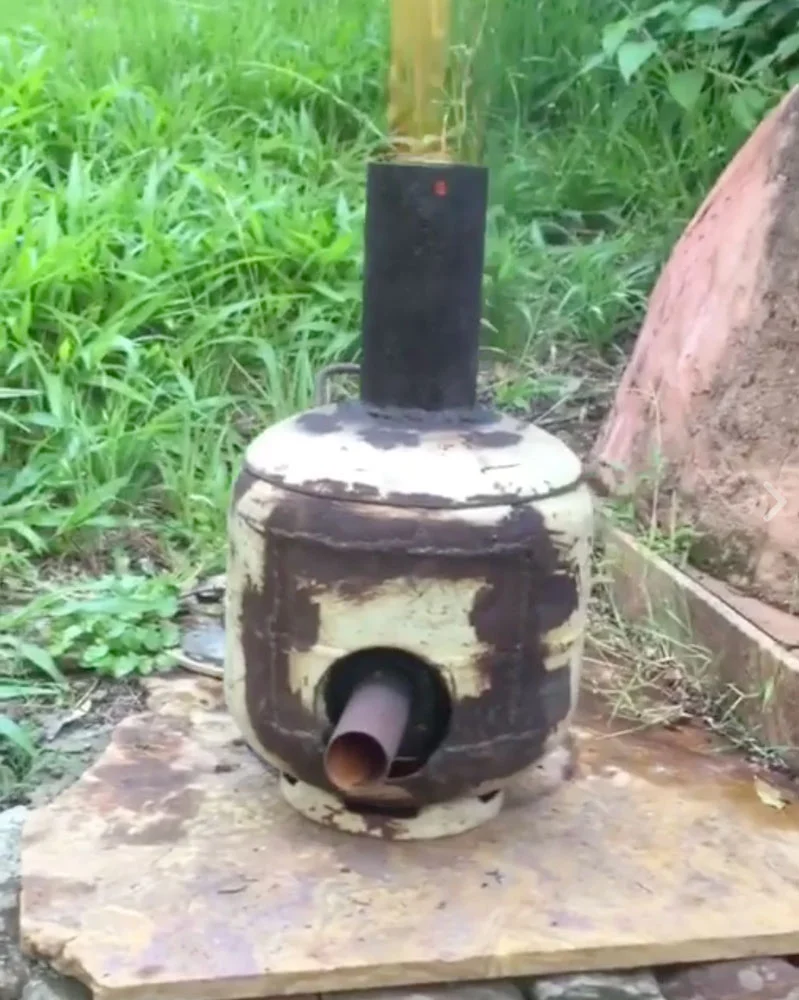About
This project is about growing the food we eat, and eating the food we grow, and being conscious that this is a living process that affects everything.
There really is so much joy to be had by growing our own organic vegetables, making them into delicious meals, and sharing them with others. It becomes an integral part of one’s lifestyle, and re-establishes our connection to the aliveness of the soil that supports us all. Green Man Garden Project exists to help create this reality in the community.
For happy healthy bodies, we require the nutrition of clean and vibrant food, and in order for this to happen, more of us need to be growing our own. The Green Man has responded to this need by installing the gardens with a specially balanced organic soil mix, worm farm barrels, and locally sourced organic seedlings. The result is food that really is medicine, and it is available to anyone who is able to make the investment.
Green Man Garden Project is constantly evolving as a sustainable practice. The raised garden beds themselves are made from recycled roofing iron that the Green Man bends using an old cast iron rolling machine, forged in the 1920s. Likewise, the worm farm barrels are fashioned from ‘food grade’ recycled plastic tubs scavenged from local shops. And at dusk, there is often a flame shooting up from the biochar kiln that is fed from wood off-cuts of salvaged timber. Poetically, the process of making biochar captures carbon from the atmosphere and returns it to the earth.
The fertile rolling hills of the Northern Rivers of New South Wales are the home base of the Green Man Garden Project. There are many wonderful people in the area who have influenced the project’s development in terms of sustainable practice, building design and soil ecology. In this way, it is a community venture as well as being a locally owned family business.
A bit more on Biochar
Biocharring is an ancient technique of improving soil structure and microbiology. The porous charcoal from the biochar kiln is activated with water and other inoculants, such as our housemade worm tea or compost. The established micro-colony of organisms living in the biochar is then added to the soil. The biochar structure can last for up to one thousand years, while the microorganisms proliferate and continue to increase the fertility of the soil.





















